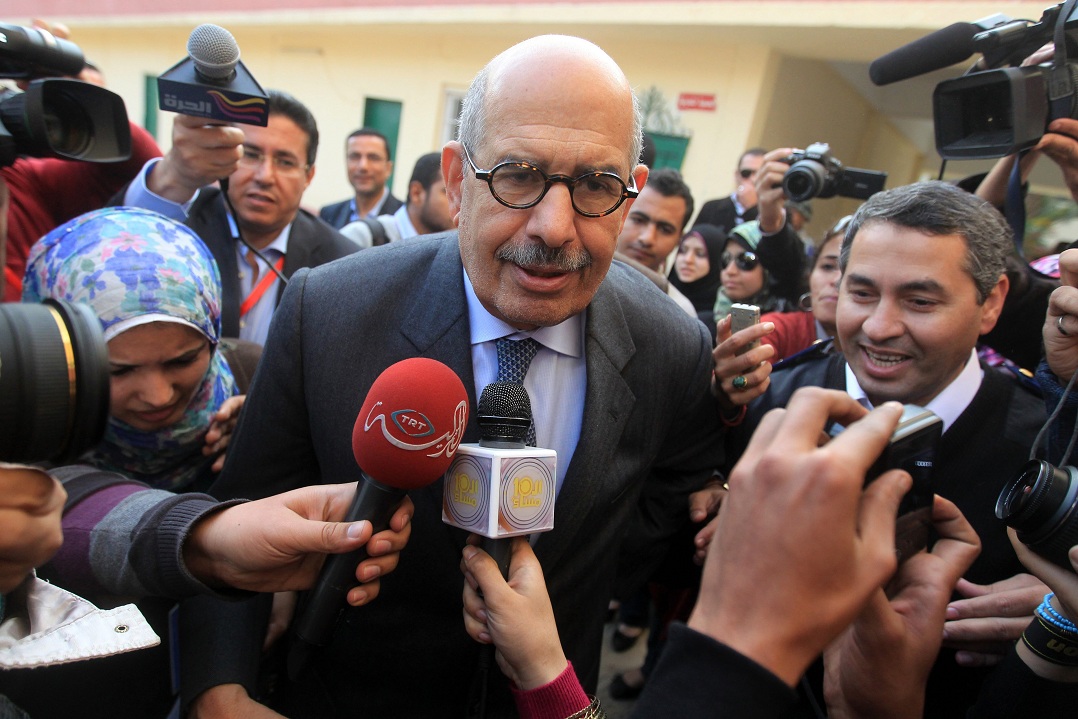
Borg Al-Arab prison in Alexandria “is highly inflamed” has undergone a tightening of security measures by the Ministry of Interior after the execution of Mahmoud Ramadan, according to a statement from Freedom for the Brave on Wednesday.
Violations and “severe infringements” on the rights of prisoners have increased over the past week under the supervision of a National Security officer, the initiative, which is specialised in supporting detainees, said on their official Facebook page.
The Ministry of Interior announced on 7 March that Mahmoud Ramadan, who was sentenced to death for throwing a minor off a rooftop in Alexandria in 2013, was executed.
According to the ministry, the execution was enforced by the Borg Al-Arab Prison’s administration to enforce a court decision.
Since the execution, detainees in Borg Al-Arab have been beaten, 60 detainees have been taken away for “disciplining”, while tear gas canisters have been thrown into cells, and at least 113 prisoners have been injured, a Freedom for the Brave spokesperson said. Officers have also taken prisoners’ possessions and burned them, he added.
National Council for Human Rights Deputy Abdel Ghaffar Shokr told Daily News Egypt he does not have information on what is happening in Borg Al-Arab Prison.
“These security tightening [measures] usually take place when anything happens inside the prison that could lead to a state of anger amongst the prisoners,” Aida Seif Al-Dawla, head of El Nadeem Centre for the Rehabilitation of Victims of Torture, told Daily News Egypt.
Such tightening of measures normally serves the purpose of agitating and disturbing the prisoners, and is frequent “if there is any form of outcry from the detainees, if they talk back to a police officer, or if they ask for their rights”, Al-Dawla added.
Ahmed Chazli, a lawyer from the Egyptian Initiative for Personal Rights (EIPR) stated that such severe violations take place from time to time, and are usually accompanied by “blackouts” from prison administrations.
EIPR and similar organisations have often demanded that they be allowed regular visits to prisons, but their requests have been denied. “Only the National Council for Human Rights is allowed to make such visits, and usually they are formal visits to famous activists only, and violations are hidden.”
Amnesty International said in a statement on 9 March that it “deplores” the Egyptian authorities’ hanging of Ramadan, stating that his death sentence had been upheld “following an unfair trial” and this “move might pave the way to further executions in light of the hundreds of death sentences”.



